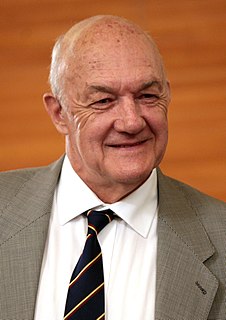A Quote by China Mieville
The problem with most genre fantasy is that it's not nearly fantastic enough. It's escapist, but it can't escape.
Related Quotes
I think that pretty much every form of fiction (I’d include fantasy, obviously) can actually be a real escape from places where you feel bad, and from bad places. It can be a safe place you go, like going on holiday, and it can be somewhere that, while you’ve escaped, actually teaches you things you need to know when you go back, that gives you knowledge and armour and tools to change the bad place you were in. So no, they’re not escapist. They’re escape.
I really wish that peoplewould just say, 'Yes, it's a comic. Yes, this is fantasy. Yes, this is Science Fiction,' and defend the genre instead of saying, 'Horror is a bit passe so this is Dark Fantasy,' and that' s playing someone else's game. So that's why I say I'm a fantasy writer and to hell with 'It doesn't read like what I think of as a fantasy'. In that case what you think of as a fantasy is not a fantasy. Or there is more to it than you think.
The cry that 'fantasy is escapist' compared to the novel is only an echo of the older cry that novels are 'escapist' compared with biography, and to both cries one should make the same answer: that freedom to invent outweighs loyalty to mere happenstance, the accidents of history; and good readers should know how to filter a general applicability from a particular story.
The zooming wealth of the top 1 percent is a problem, but it's not nearly as big a problem as the tens of millions of Americans who have dropped out of high school or college. It's not nearly as big a problem as the 40 percent of children who are born out of wedlock. It's not nearly as big a problem as the nation's stagnant human capital, its stagnant social mobility and the disorganized social fabric for the bottom 50 percent.




































